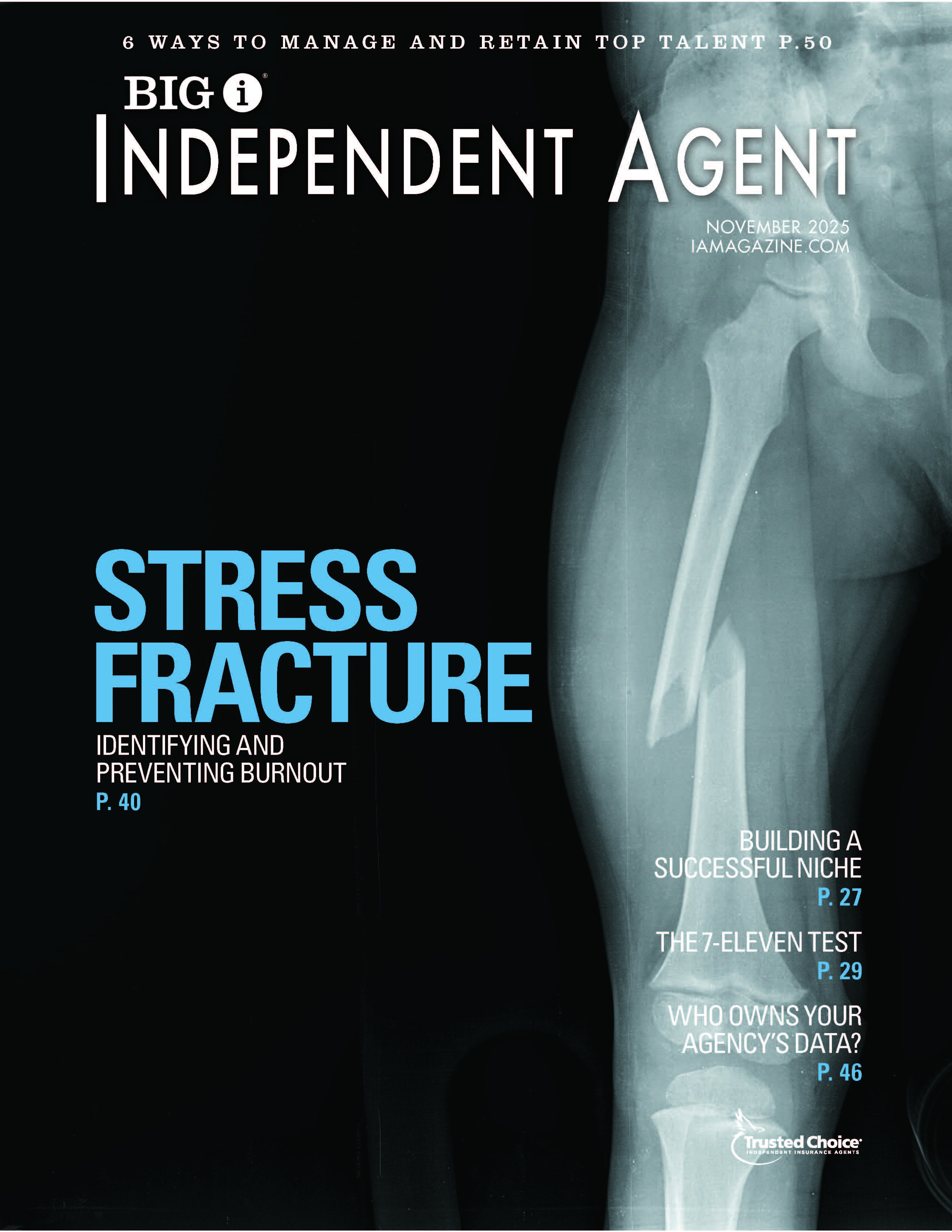Car Crashes into Commercial Building: ACV or Replacement Cost?

By: Big “I” Virtual University Faculty
A client drove his car into an apartment building. The carrier is offering to repair the damage to the building on an actual cash value (ACV) basis. It’s citing the Iowa Supreme Court decision, State v. Urbanek, and not the policy language as the basis for its decision.
Q: Should the carrier pay the third-party claimant ACV costs based on case law even if there’s nothing mentioned in the policy language?
Response 1: Yes, it is totally possible and acceptable. I believe most jurisdictions only require someone who damages another’s property to put that property back into the same condition it was before the damage occurred. Some call it ACV, some call it market value, others call it fair market value.
As for policy language, most liability sections—general liability, auto and more—read something like: “We will pay those claims the insured becomes legally obligated to pay as damages ….” Most everything following that are insurance policy limitations and exclusions.
In your insured’s case, the insurer feels that the case law they cited outlines their legal obligation and that of your insured.
Response 2: I don’t agree with your statement that the carrier’s decision is not based “on policy language” unless you can show me the policy states it will pay replacement cost. I haven’t read a liability policy yet that states it will pay replacement cost. Typically, it states it will pay “property damage” and defines that as physical injury to tangible property.
We must go from there to the specific jurisdiction to determine any peculiarities as to what constitutes the equitable payment for damage to the property. There are several jurisdictions that deem this to be ACV and not replacement cost—but that is a legal question and not a coverage question.
Response 3: Unless the policy specifically calls for payment of property damage claims on a replacement cost basis—which is highly unlikely—most case law around the country supports legal liability on an ACV basis. Replacement cost coverage is usually negotiated on a first-party basis. Some policies, such as ISO homeowners forms, allow for replacement cost payment on a very limited basis and usually without regard to liability.
Response 4: It is common for insurers to pay a third-party claimant ACV. Typically, going to their own insurer is the better path for claimants with damaged property. For example, if the apartment owner has replacement cost coverage, its insurer would be contractually obligated to pay replacement costs and other policy benefits. Then the claimant’s property insurer would subrogate against the carrier of the client who drove into the building to collect the reasonable replacement costs and other expenses that it paid out.
Response 5: The law always supersedes insurance. ACV loss settlement for liability claims is common. Check out this explanation from Insurance Commentary.
Response 6: The purpose of awarding damages due to property damage is to indemnify the claimant—that is, to make the claimant whole. Replacement cost may exceed indemnity in that it is new for old. Thus, the ACV at the time of loss is often, but not always, the proper measure of damages owed by the insured and the insurer.
Consider this: If your customer collided with another auto and that auto was a total loss, would you expect the damages paid by the carrier to be the cost of a new car or the ACV of the car?
Response 7: It’s old news that liability claims are not paid on a replacement cost basis. Liability policies are intended to pay damages as determined by the courts. Generally, the courts have required payment on an ACV or depreciated basis, so that’s what insurance companies pay.
This question was originally submitted by an agent through the Big “I” Virtual University’s (VU) Ask an Expert service, with responses curated from multiple VU faculty members. Answers to other coverage questions are available on the VU website. If you need help accessing the website, request login information.
This article is intended for general informational purposes only, and any opinions expressed are solely those of the author(s). The article is provided “as is” with no warranties or representations of any kind, and any liability is disclaimed that is in any way connected to reliance on or use of the information contained therein. The article is not intended to constitute and should not be considered legal or other professional advice, nor shall it serve as a substitute for obtaining such advice. If specific expert advice is required or desired, the services of an appropriate, competent professional, such as an attorney or accountant, should be sought.










